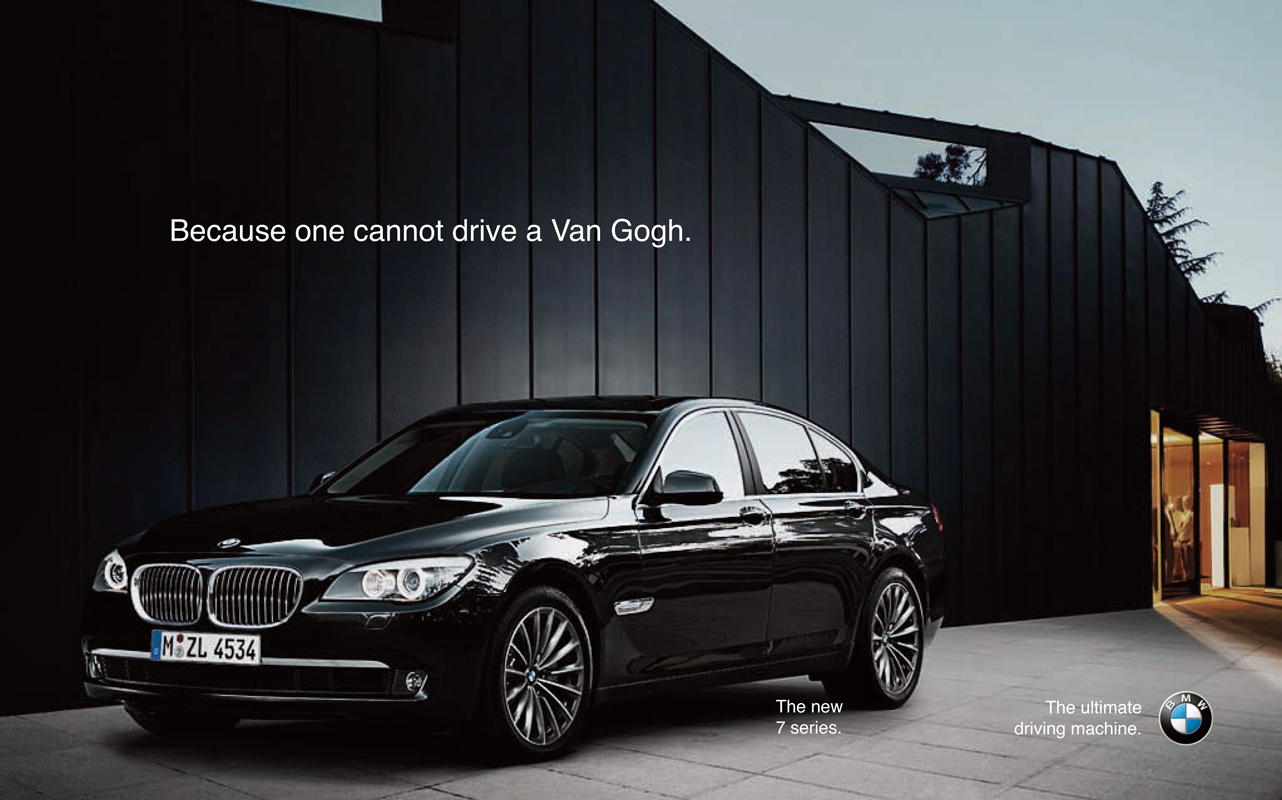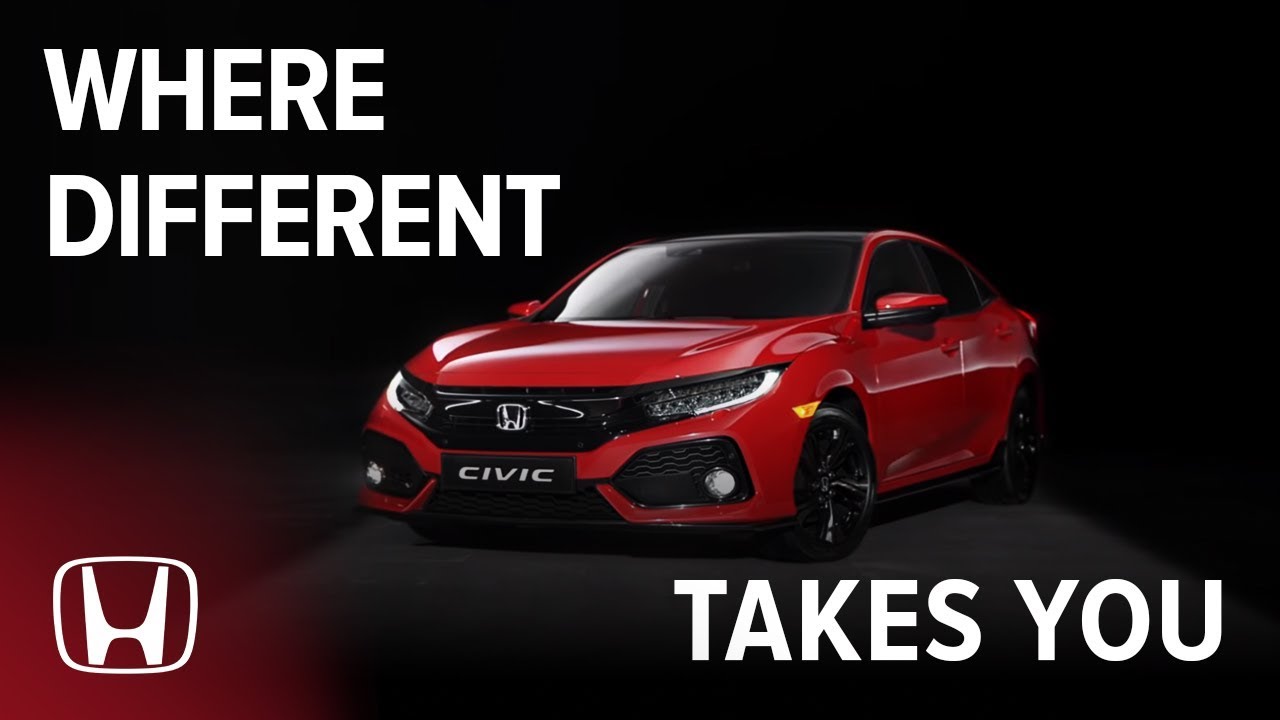Are Hybrid Cars Still Worth It in 2025?
The automotive landscape in 2025 is marked by rapid advancements in electric vehicle (EV) technology and growing environmental concerns. While fully electric vehicles have gained significant traction, hybrid cars remain a popular choice for many consumers. However, with EVs dominating headlines and incentives, potential buyers may wonder if hybrids are still a worthwhile investment. The answer lies in evaluating their unique benefits, limitations, and how they fit into the broader transition to greener mobility.
The Role of Hybrid Cars in 2025
Hybrid cars bridge the gap between traditional internal combustion engines (ICE) and fully electric vehicles. They combine a gasoline engine with an electric motor, offering improved fuel efficiency and reduced emissions compared to conventional cars. In 2025, hybrids remain relevant for drivers who want to experience lower fuel costs and environmental impact without fully committing to an electric vehicle.
For regions with limited EV charging infrastructure, hybrids provide a practical solution. They do not rely solely on charging stations and can seamlessly switch between fuel and electric power. This flexibility ensures that hybrid cars remain a viable option for long-distance travel and in areas where charging networks are still developing.
Benefits of Choosing a Hybrid in 2025

Hybrid cars continue to offer several advantages that make them a compelling choice in today’s market. Fuel efficiency remains one of the most attractive features of hybrids. With fluctuating fuel prices, owning a car that can run efficiently on both gasoline and electric power provides cost savings for many drivers. Additionally, hybrids are an excellent option for reducing carbon footprints without experiencing the range anxiety that often accompanies fully electric vehicles.
Advanced regenerative braking systems in hybrids also contribute to their efficiency by converting braking energy into usable electric power, further enhancing fuel economy. Many governments still offer incentives for purchasing hybrids, including tax rebates and reduced registration fees, making them financially appealing. These incentives, combined with their lower maintenance costs compared to traditional ICE vehicles, contribute to their overall value proposition in 2025.
Limitations of Hybrid Cars
While hybrids have numerous advantages, they also face challenges in 2025. The rising popularity of fully electric vehicles has led to significant advancements in battery technology, driving down costs and improving range. This progress has made EVs more competitive, particularly as many automakers prioritize all-electric production lines over hybrid models. Another factor to consider is the environmental impact of hybrid vehicles compared to EVs.
While hybrids produce fewer emissions than ICE vehicles, they still rely on fossil fuels, limiting their potential to combat climate change. For eco-conscious consumers, this dual reliance may not align with their sustainability goals. Maintenance costs for hybrids, while generally lower than ICE vehicles, can still be higher than EVs. Complex systems that integrate gasoline engines and electric motors may require specialized servicing, which can increase costs over time.

The Future of Hybrids
As automotive manufacturers push for electrification, hybrids are expected to play a transitional role. In 2025, they remain an excellent choice for consumers who are not yet ready to switch to fully electric vehicles but want a greener alternative to traditional cars. Manufacturers continue to release new hybrid models with better technology and improved efficiency, ensuring that hybrids stay relevant in the evolving market. For consumers in regions with unreliable charging infrastructure or those who frequently travel long distances, hybrids remain a practical and reliable option. However, as EV infrastructure expands and technology improves, hybrids may become less prominent in the market.…


 Nowadays, many companies manufacture their glass. In such a case, its quality cannot match that of the dealer glass. You may find that distortions are present and can interfere with the driver’s ability to see through correctly. New OEM or dealer glass is superior as compared to the generic glass that is yet to be repaired. Remember that dealer and OEM glass ought to meet the quality standards that cannot be guaranteed with glass that is generic or yet to be repaired.
Nowadays, many companies manufacture their glass. In such a case, its quality cannot match that of the dealer glass. You may find that distortions are present and can interfere with the driver’s ability to see through correctly. New OEM or dealer glass is superior as compared to the generic glass that is yet to be repaired. Remember that dealer and OEM glass ought to meet the quality standards that cannot be guaranteed with glass that is generic or yet to be repaired. The auto glass repair company ought to provide a guarantee for its work and parts. Check whether the company offers a lifetime guarantee for the services rendered. That will assure you that your auto glass has been installed using quality materials and industry-standard methods. A reputable company will ensure that the pinch is weld as required and primed during the repair service. In this way, you can improve its integrity.…
The auto glass repair company ought to provide a guarantee for its work and parts. Check whether the company offers a lifetime guarantee for the services rendered. That will assure you that your auto glass has been installed using quality materials and industry-standard methods. A reputable company will ensure that the pinch is weld as required and primed during the repair service. In this way, you can improve its integrity.…
